CYSAT ACADEMY
Brand New This Year:
Introducing the CYSAT Academy Workshop!
Learn how to secure satellite operations with the Space Data Link Security (SDLS) protocol
Since the first edition of CYSAT our goal has been to spread knowledge about cybersecurity in the space industry. In parallel to the 20-min technical keynotes from security experts presenting the latest innovations, we also wanted to give the opportunity to space engineers to learn the basics of space security during an in-depth workshop. We are excited to launch the CYSAT academy for the first time this year!
Since every mission requires a secure communication channel to operate the spacecraft as well as to receive the data collected in space, we decided to focus on the security of satellite communications by presenting the Space Data Link Security (SDLS) protocol.
The SDLS protocol was designed in 2015 by experts from the Consultative Committee of Space Data Systems (CCSDS) led by agencies such as NASA, ESA, CNES, DLR, etc. It is recognized as the most secure way to operate satellites but yet very few space engineers have heard of it and even fewer are capable of implementing it in a real-world mission.
During this workshop aimed for space professionals (ground segment engineers, satellite communications engineers, flight software engineers, mission control operators, etc), participants will learn how the SDLS protocol can be used to protect the data confidentiality, authenticity and integrity for secure satellite operations.
What to expect during the 3-hour session?
- In-depth Presentation of SDLS Protocols:
- Core Protocol: Gain a comprehensive understanding of the structure and functionality of the SDLS core protocol.
- Extended Procedures: Explore in detail the extended procedures, highlighting their significance and integration into current space missions.
- Context and Objectives:
- Origins and Motivations: Discover the reasons and motivations behind the development of SDLS protocols.
- Objectives and Justification: Understand the specific objectives and justification for implementing these protocols in the space domain.
- Detailed Specifications, Configuration, and Application:
- Specifications: Know more about the technical details of SDLS specifications, enabling participants to understand its architecture and features.
- Configuration: Learn how to configure SDLS to meet the specific needs of space missions.
- Application in Current Space Missions: Explore real-world examples of the successful application of SDLS protocols in different space missions
- Question-and-Answer Session: Ask all your questions through the interactive application
Join us to gain in-depth expertise on SDLS protocols, from their foundations to practical applications, while exploring future perspectives in the exciting field of space data link security.
We look forward to sharing this crucial knowledge with you during this engaging workshop.
Ignacio Aguilar Sanchez is a Senior Space Communications Systems Engineer at the European Space Agency (ESA)/ European space research and technology centre (ESTEC).
He holds an MSc in Telecommunications Engineering (1986, Polytechnic University of Catalonia, Barcelona, Spain) and a Master’s in Business Administration (1997, Open University, United Kingdom).
Joined ESA in March 1991. Throughout his professional career at ESA he has been involved in a number of relevant projects and activities. In particular:
- Almost three years of work as the Consultative Committee of Space Data Systems (CCSDS) Space Link Services (SLS) Area Director, supervising the development and maintenance of space communication standards on radiofrequency and modulation, channel coding and synchronization, space link protocols, space data link security protocols, data compression and optical communications.
- almost two decades of work for the Systems Engineering Area (SEA) Security Working Group (WG) and in particular its application to Space Link Protocols in the last decade as member of the joint SLS-SEA Space Data Link Security (SDLS) WG with frequent interaction with Space Link Protocols WG as well as with the Coding & Synchronization WG and the Radiofrequency & Modulation WG;
- Rapporteur for the European Standards Telecommunication Institute (ETSI) for the revision of the ETSI Telemetry, Command and Ranging (TCR) Standard for Telecommunication Satellites (radio frequency modulation, coding) and accompanying technical report;
- GALILEO first generation, in charge of supervising the analysis and definition of their S-band and C-band space-to-ground interfaces, ranging from physical to application layers;
- Atomic Clock Ensemble in Space (ACES) Microwave Link (ML), a state-of-the-art two-way time-transfer system, supervising its design and development phase;Automated Transfer Vehicle (ATV), the ESA International Space Station (ISS) Visiting Vehicle, in charge of its space communications systems during the design and development phase;
- research and development activities covering robust spread spectrum communication (cryptographic modulation and synchronization), complementary channel coding and interleaving, frame synchronization as well as next generation telemetry systems and advanced antenna technology for launchers;
- member and reviewer of the Technical Programme Committees of a number of conferences and workshops like the IEEE Military Communications Conference, IEEE Aerospace Conference, the ESA International Telemetry, Tracking and Command Workshop, the Space Ops Workshop as well as reviews for journals like Computers and Security;
- author of many publications addressing TT&C systems, spread spectrum modulation, channel coding and security.
A unique European Cybersecurity Opportunity
CYSAT is a unique opportunity in Europe to position your organization as forward-thinking and committed to address the issue of cybersecurity for your clients relying on space assets and data.
European and French agencies, space industrial leaders and innovative start-ups have already confirmed their participation and proposed high-level speakers.










































